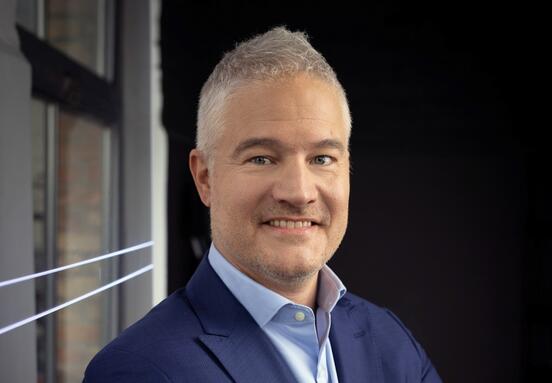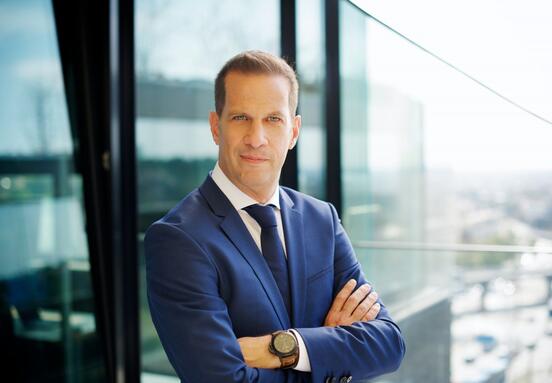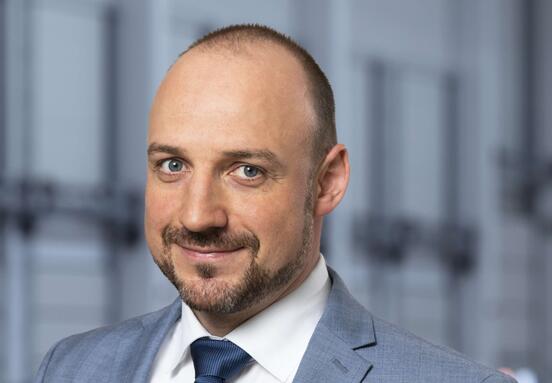In addition we also discussed the significant change in tenant needs, the role of ESG and PARKlife initiative.
- How has the market developed so far this year?
- Until now, this was the healthiest market segment (among retail, office, and industrial), but recently, market activity has slowed down. The warehouse industry is a cyclical one. The market cycle currently is not trending upward, but the health of the industrial and logistics segment need not be questioned – the challenges ahead of speculative developments will be dominated by the evolution of demand, while in already leased areas, cost sensitivity and sustainability are the main challenges. The close-to-double-digit development of the service price index leads to an increase in the price of operational services. In this environment, the fixed operational cost structure available to our customers is of immense value, allowing planning without surprises throughout the entire rental period.
- What dominates: industrial activity or classic logistics? From a landlord’;s perspective, what is the healthy mix?
- In terms of type of customers, the past few years have primarily been defined by serving large industrial investments. However, cautious optimism surrounds the general economic recovery with European Commission forecasting 3.5% economic growth next year and European Bank for Reconstruction and Development expecting 3.3% growth, which is expected to lead to a recovery in the logistics market. A healthy mix is not primarily dependent on the industry, but rather on the broad system of services provided to the customers, to which the landlord can respond with a well-chosen location, customer-focused asset management approach and value-preserving operational services. In this way we contribute to creating a better workplace and the development of workforce retention.
- How are tenant requirements changing?
- Expectations have undergone a significant transformation in the past 10 years, both in terms of logistics parks as technical facilities and the expected service level. Infrastructure management has been replaced by the whole ecosystem management. It’s not enough to just organize preventive maintenance; we need to be aware of energy prices, sustainability goals, and utility capacities, while also managing rapidly changing costs. We place great emphasis on not just being a workplace but being the best workplace in this industry. We are proud of our family days and our football championship series, which has now been running for a decade. We host these events at our own facilities, which are otherwise available to our tenant community throughout the year. As the workforce in the industrial and logistics fields become more expensive and scarcer, these “convenience” services are increasingly valued in terms of retaining employees.
- How do you think ESG affects the market?
- The demand from large international companies is very strong, and in most cases, we encounter well-developed goals and requirements, but this is not yet typical for SMEs. However, in general the ‘E’ solutions are increasingly sought after, for example, regarding the decarbonization of heating systems or the procurement of green electricity, but these often remain as customers’ plans after the costs are understood. As property owners, we are currently focusing on three areas: sustainable operations, electromobility, and sustainability-oriented financing solutions through the Prologis Essentials platform. By 2025, we will establish an extensive e-charging network in all our parks and expand our available LED and heat pump programs that can be easily integrated into any ESG strategy.
- What is the significance of the “logistics park” title?
- The award of the title of logistics park, created by the Ministry of National Economy, proves the facility’s adequacy and may provide opportunities in the future for the holder to apply for support or benefits defined in laws or grant systems. Regardless of these sources, we are of course committed to our PARKlife initiative, which aligns well with both the “E” and “S” parts of the ESG strategy. The essence of PARKlife is to improve local quality of life of our partners and help our customers in recruiting and retaining employees. Our PARKlife initiative includes community spaces, extensive green areas, sports facilities, and other community functions such as community barbecue spots, which can be ideal locations for planned customer events or after-work employee relaxation at any time and contribute to the social well-being of employees.
Raktarkereso.info








